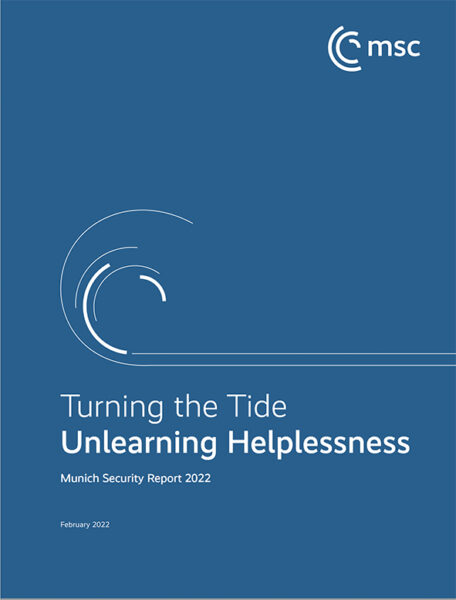As a result of the dramatic social consequences they produce, periods of economic crisis are – as history shows – often springboards for the rise of various forms of extremism and of inward-looking movements. It is reassuring, then, to see governments in Europe currently striving to stand together and attempt to face up collectively to the economic setbacks affecting most European countries. Just a few decades ago, national conflicts and resentments were so rooted in people’s minds that, at that time, such cooperation would have been unimaginable. That it exists attests to the work done since World War II to calm those tensions and enable a common reading of recent European history to emerge.
Jean-François Drevet brings this out clearly in this column, so as to forewarn those in Europe – or at the gates of Europe – who might be tempted by a form of historical falsification. After reminding readers briefly of what such falsifications of history have led to in Europe and of the emergence of a more calmly conceived history, he turns to various clarifications he regards as necessary in this area. These relate particularly to two countries which are tempted by a rather skewed reading of their national histories: Hungary and Turkey. He concludes on the importance of every country “coming to terms” with its national history, so that it is not endlessly carrying a hostile baggage that is out of phase with a united Europe.



